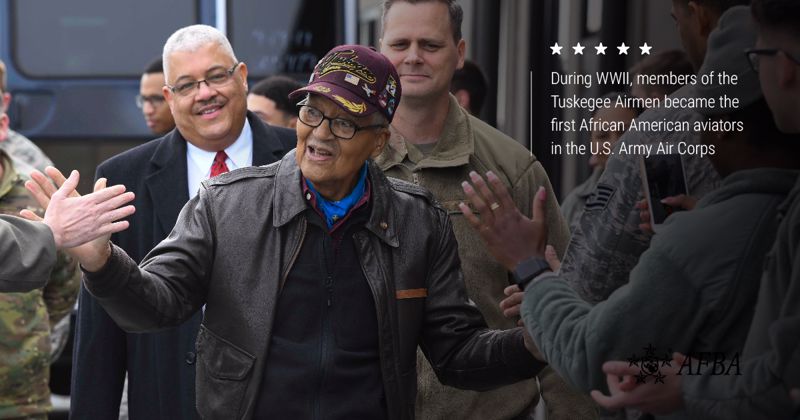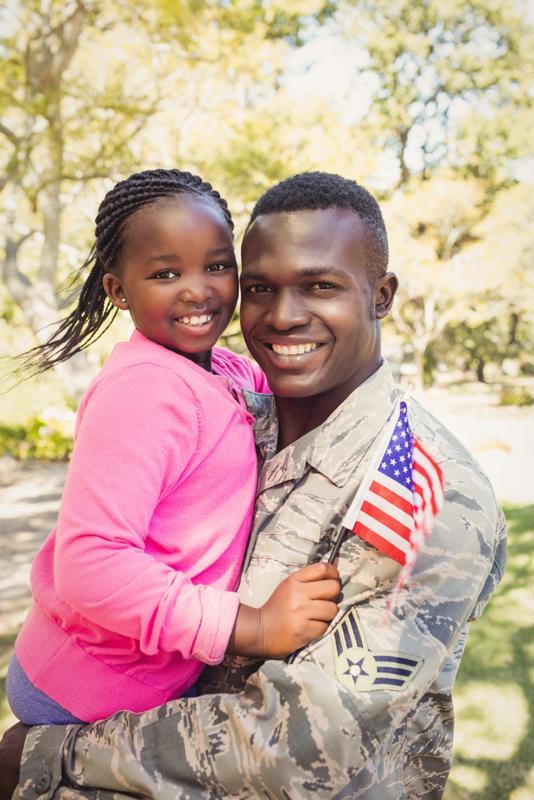Nearly 100 years ago in 1926, Carter G. Woodson, a scholar of African American history and the African diaspora, set aside a week in February for the recognition and remembrance of Black history. Fifty years later during the U.S. bicentennial, President Gerald Ford extended this into the federal observance now known as Black History Month.
Ford urged the nation to "seize the opportunity to honor the too-often neglected accomplishments of Black Americans in every area of endeavor throughout our history."
This February, we are honoring the accomplishments of Black servicemembers in the armed forces by sharing a timeline of several notable firsts that contributed to key turning points in military history, from 1770 to the present.
1770: Crispus Attucks, first American casualty in the Revolutionary War
Crispus Attucks, a former enslaved person and dockworker of African and Native American descent, joined a group of Boston patriots in protest against British soldiers. He was fatally shot, becoming the first American to sacrifice his life in defense of the colonies. Tens of thousands of Black soldiers would ultimately serve in the Revolutionary War. Attucks was honored at the time of his death and would later become a symbol for the abolitionist movement.
1863: William Carney, first Black Medal of Honor recipient
William Carney enlisted in the first Black unit recruited for the Union Army — the 54th Massachusetts Infantry Regiment — where he served alongside 40 other Black service members. When the unit's color guard was shot during battle, Carney sustained enemy fire and nearly lost his life in an effort to ensure that the American flag did not touch the ground. His moving and valiant patriotism was acknowledged in 1900 with the Congressional Medal of Honor. As of 2020, 92 remarkable Black servicemembers have since been awarded the Medal of Honor.
1917: Harlem Hellfighters, first all-Black combat unit to serve overseas during WWI
During the First World War, the 369th Infantry regiment — known as the Harlem Hellfighters — became the first Black combat unit to serve overseas. The U.S. did not offer combat roles to African Americans, so the unit was assigned to the French Army. The Hellfighters served in the trenches for 191 days straight without getting captured or ceding any ground, earning them the Croix de Guerre.
1946: Della Raney, first Black woman to serve as an Army major
In 1941, nursing graduate Della Raney became the first Black nurse to serve as a lieutenant in the U.S. Army Nurse Corps. As the Second World War continued, Raney continued as a trailblazer in the Army, marking new firsts with each promotion. She was promoted to captain in 1944 and major in 1946. Maj. Raney continued her Army service until her retirement in 1978.
1941: Tuskegee Airmen, first Black military aviators

During WWII, nearly 1,000 members of the Tuskegee Airmen trained in the Jim Crow South and became the first African American aviators in the U.S. Army Air Corps, the precursor to the U.S. Air Force. They never lost an escorted plane to enemy forces despite completing hundreds of escort missions and more than 15,000 sorties. The Tuskegee Airmen earned 150 Distinguished Flying Crosses and are being recognized in 2021 with a commemorative quarter inscribed, "They fought two wars."
1989: Colin Powell, first Black Chairman of the Joint Chiefs of Staff
When he was appointed as the Chairman of the Joint Chiefs of Staff by President George H.W. Bush, Colin Powell took on the highest-ranking military position in the Department of Defense and became the first African American and youngest person to do so.
Present day
According to the latest data, roughly 224,000 servicemembers and about 2.1 million military veterans are Black Americans. These brave men and women have continued making a mark on military history thanks to their courageous contributions and service to the nation.


